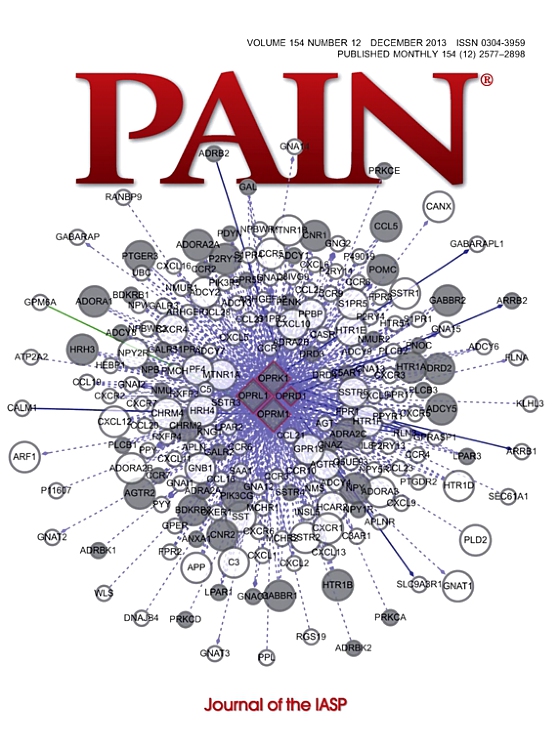加速疼痛科学的发现:急性到慢性疼痛特征项目。
IF 5.5
1区 医学
Q1 ANESTHESIOLOGY
引用次数: 0
摘要
慢性疼痛是一种复杂的、多方面的疾病,其生物学原因分布在各个组织和身体系统中,并受到心理和社会因素的影响。疼痛研究的一个主要目的是找到更好的方法来测量与慢性疼痛相关的信号,从而预测、跟踪和治疗疼痛状况。与代谢、免疫和神经系统相关的新兴生物学测量为识别疼痛的生理基础和开发新的治疗方法带来了希望。制定此类措施将需要来自大样本的多模态数据集,并结合方法学的进步。急性到慢性疼痛特征(A2CPS)项目为这种努力提供了一个模型,其数据将为未来几年的研究提供机会。急性到慢性疼痛签名收集2800名患者在胸椎或膝关节置换术前后的多组学、社会心理、功能和神经影像学数据。除了评估先前识别的生物标志物对预测慢性疼痛过渡的预后价值外,A2CPS还将使用机器学习和人工智能将这些多种数据类型联系起来,并识别未来疼痛的多模态生物特征。像A2CPS这样的大型数据集及其衍生模型的开放共享将加速发现,并允许研究人员对与健康的多个方面相关的大脑、代谢和免疫关系进行建模。本文章由计算机程序翻译,如有差异,请以英文原文为准。
Accelerating discovery in pain science: the Acute to Chronic Pain Signatures program.
Chronic pain is a complex and multifaceted disease, with biological causes distributed across tissues and bodily systems and influenced by psychological and social factors. A major aim of pain research is to find better ways to measure signals associated with chronic pain and thus predict, track, and treat pain conditions. Emerging biological measures related to the metabolic, immune, and nervous systems hold promise for identifying the physiology underlying pain and developing new treatments. Developing such measures will require multimodal datasets from large samples in combination with methodological advances. The Acute to Chronic Pain Signatures (A2CPS) Program serves as a model for such an effort, and its data will provide investigational opportunities for years to come. Acute to Chronic Pain Signatures is collecting multiomics, psychosocial, functional, and neuroimaging data from 2800 individuals before and after thoracic or knee replacement surgery. In addition to evaluating the prognostic value of previously identified biomarkers for predicting the transition to chronic pain, A2CPS will use machine learning and artificial intelligence to link these multiple data types and identify multimodal biosignatures of future pain. Open sharing of large datasets like that of the A2CPS, and models derived from them, will accelerate discovery and allow researchers to model brain, metabolic, and immune relationships relevant for multiple facets of health.
求助全文
通过发布文献求助,成功后即可免费获取论文全文。
去求助
来源期刊

PAIN®
医学-临床神经学
CiteScore
12.50
自引率
8.10%
发文量
242
审稿时长
9 months
期刊介绍:
PAIN® is the official publication of the International Association for the Study of Pain and publishes original research on the nature,mechanisms and treatment of pain.PAIN® provides a forum for the dissemination of research in the basic and clinical sciences of multidisciplinary interest.
 求助内容:
求助内容: 应助结果提醒方式:
应助结果提醒方式:


